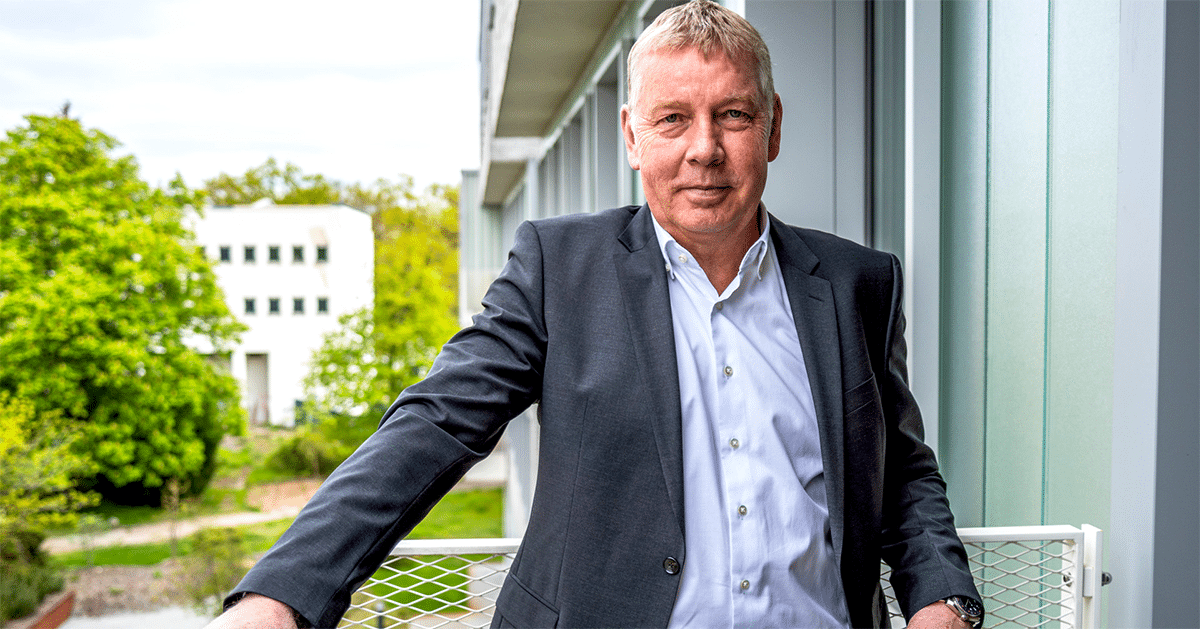
Category: Expertise strategy
Despite being Europe’s largest economy and a global industrial leader, Germany faces a critical challenge in digitization. However, with world-class technical universities and a strong industrial base, Germany has the potential to turn this deficit into a competitive advantage.
Despite Germany’s standing in the European business market – it is the largest economy in Europe by Gross Domestic Product and, according to The World Bank, the third largest in the world – the country’s reticence to digitize threatens this position in the future.
Known as the economic engine in Europe, broadly speaking, Germany’s digital lag is holding this otherwise prolific nation back from its true potential compared to its neighbours and, indeed, its global competitors.
A variety of metrics demonstrate its low position in a European league table of digitisation, not just the traditional prominence of cash in a worldwide society that is otherwise increasingly dependent on contactless payments.
For example, essential or above basic digital skills are demonstrated by less than half (48.9%) of the population, below the European Union average of 53.9%. In comparison, that figure is 81% in Iceland and approaching 80% in Finland, The Netherlands, Norway and Switzerland. A report by the European Centre for Digital Competitiveness compounds these figures with findings that 95% of business executives believe that Germany is behind the times, citing a “digital deficit”.
Eurostat: Digitalisation in Europe 2023
European Center for Digital Competitiveness: Digital Report 2024

Germany boasts some of the world’s most reputable technical universities – for example, the Technical University of Munich, RWTH Aachen University, and the Karlsruhe Institute of Technology – and this advantage probably helps to narrow a skills gap.
These renowned educational institutions offer globally recognised computer science and electrical engineering programmes. They partner with local businesses to provide research expertise to IT companies and furnish the next generation of IT and cyber experts with careers in various sectors.
Government funding has contributed to market growth with initiatives like the EXIST Business Startup Grant. These programs “support students, graduates and scientists from universities and research institutes who want to turn their business idea into a business plan” – giving budding entrepreneurs with innovative technology-oriented ideas or knowledge-based products a boost with favourable funding rates.
The High-Tech Gründerfonds (HTGF) has, since it was set up in 2005 by a working group of representatives from the Federal Ministry of Economics, financed “over 750 companies, of which more than 180 have been successfully sold or floated on the stock exchange.”
The High-Tech Gründerfonds
Measures are in place to facilitate a transition towards greater automation and digitisation.
Despite many attributing Germany’s relative stagnation to the government’s “lack of clear strategy” in digital fields, companies like Amazon, Google, and Microsoft boast major hubs in Munich and Berlin. Local organisations, therefore, stand to gain from knowledge sharing and global resources.
While Frankfurt is renowned as Germany’s financial capital, with the likes of Commerzbank and Deutsche Bank based in the city, the presence of behemoth organisations such as Allianz, BMW and Siemens in Munich demonstrates the scale of the local business market. This is also the backdrop for the success of local startup stories like Celonis, a data processing company founded in 2011 and now valued at over $10 billion.
Indeed, Munich is leading the way in the startup market; total investment in Munich startups is lower than the record year of 2021 (when it was €4.2 billion, out of a total €17.3 billion across Germany, according to EY’s Startup Barometer), but rose in 2023 compared to the previous 12 months. Munich also boasts a thriving cybersecurity community.
Moreover, a recent Business Survey by the ifo Institute highlighted that the number of German organisations using AI has more than doubled from 13% to 27% in 12 months – and 17.5% plan to use AI in the coming months. There is a pressing need to meet a surging demand for expertise to facilitate this technological growth.
Startup Barometer Germany (January 2022)

Stefan Frohnhoff, Managing Director of emagine Germany
Steffan Frohnhoff, Managing Director of emagine Germany
As the demand for experts across a range of technological arenas is rocketing, Munich’s status as a prominent tech hub will gain further possibilities in the near future. This is good news for emagine.
emagine has been operating in Germany for two decades and now has six offices with a staff of 120 people servicing a broad spectrum of companies in various sectors. The recent acquisition of Allgeier Experts will strategically solidify the growing company worldwide.
“The acquisition of Allgeier Experts is an important milestone for our company, not just in serving local demand in Germany, but as emagine continues to expand its extensive network of top-tier experts to serve clients across the world”, says Stefan Frohnhoff, MD of emagine Germany.
Allgeier Experts has built a reputation as a leading provider of a comprehensive range of personnel and project solutions to around 700 clients across various key sectors. Specialising in IT and engineering services, the company has completed more than 50,000 projects over 30 years.
The surging commercial sector, comprising numerous banks and fintech businesses in Europe’s largest market, is struggling with access to talent and expertise. emagine’s strengthened capacity for local service delivery and nearshoring will benefit all sectors and industries, from the tech start-up scene to prominent automotive organisations.
As Germany is investing in a new digital future, emagine builds a strong presence in the market and strategically expands its footprint across key European markets as a possibility to access IT talents for German companies.
Read also:Ask us how we can help you succeed.
Contact us[Blogs_Slider_Arrows]
[Blogs_Slider category=expertise-strategy]